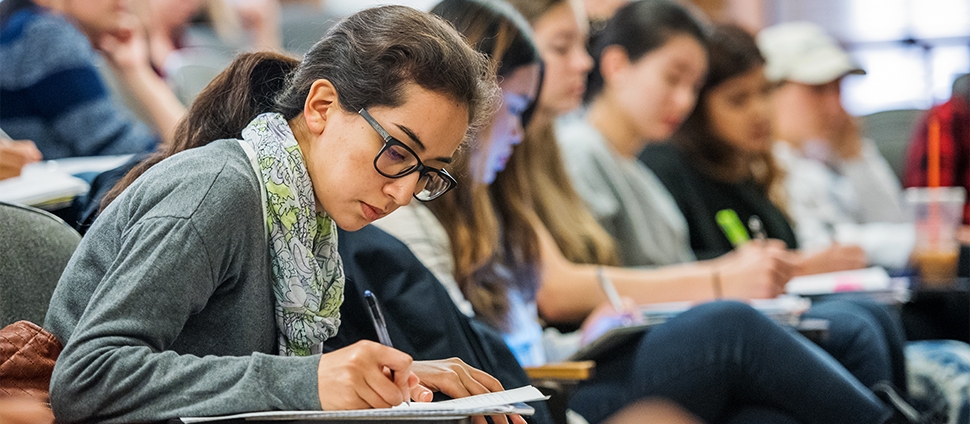Economics is more quantitative and theoretically more rigorous than the other social sciences, but it is decidedly more "social" than scientific in comparison with the natural sciences.
In the broadest terms, economics is the study of how society organizes production and distributes what is produced to its members. For most of human history the economy was embedded in the social order, and people did not perceive "the economy" as something separate from other social institutions. The development of capitalism—with markets in labor and land and the rise of the factory system—made people aware of the economy as a separate sphere of social life and gave rise to the field of economics, or political economy as it was then known.
Modern economics is divided into the two separate branches of microeconomics and macroeconomics. Microeconomics is the study of how individual production and consumption decisions are made and how markets coordinate them. Macroeconomics is the study of how overall output and employment and the price level are determined. Both of these branches of economics aim not only to understand the economy but also to prescribe policies to improve its performance. Economics Department Website


